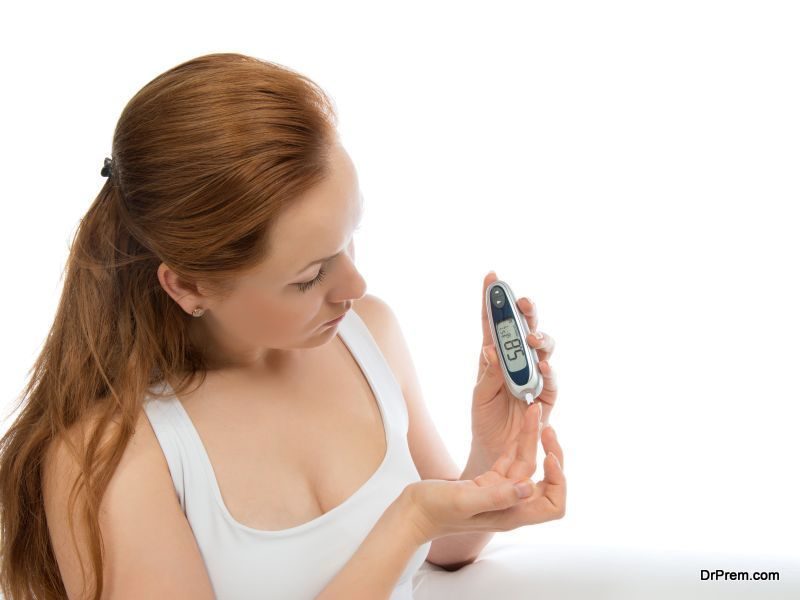In order for your body to function properly, you need to be getting the right amount of nutrients – and that includes a variety of different types of minerals. Unfortunately, in many cases, people do not end up getting some of the essential minerals that their bodies’ need and that can lead to numerous complications.
If you understand the signs of common vitamin deficiencies, you should be able to spot them and take steps to address the problem. In particular there are several types of vitamin deficiencies that are extremely common:
- Vitamin D
Unlike most other vitamins, Vitamin D is produced by your skin when it is exposed to sunlight. If you rarely get out into the sun (without sunscreen), live in a place where there isn’t much sun, or have darker skin ,then you’re likely to be prone to this vitamin deficiency.
The problem with Vitamin D deficiencies is that they are hard to spot, as the symptoms can take time to manifest and includes fatigue, muscle weakness, bone loss or depression. Generally it is best to be safe rather than sorry, and make sure you’re getting enough sun or Vitamin D from other sources such as egg yolks, fatty fish, or cod liver oil.
- Vitamin B12
Subject to a few exceptions, Vitamin B12 is only available in animal sources of food. That makes it a deficiency that vegetarians or vegans are particularly prone to, though it should be noted that many others tend to have less than optimal levels of B12 as well.
Some of the early signs of a Vitamin B12 deficiency include memory issues, muscle weakness, mental fogginess, mood swings, apathy and fatigue. It can take a while for these symptoms to present however, which is why being proactive and ensuring you have sufficient B12 in your diet is preferable.
- Vitamin K2
 Essentially Vitamin K consists of Vitamin K1 which is responsible for blood clotting, and Vitamin K2 which is important to bone strength, the health of blood arteries, and several other functions. Typically your body will convert Vitamin K1 to K2, but more often than not people end up being deficient in both.
Essentially Vitamin K consists of Vitamin K1 which is responsible for blood clotting, and Vitamin K2 which is important to bone strength, the health of blood arteries, and several other functions. Typically your body will convert Vitamin K1 to K2, but more often than not people end up being deficient in both.
If left unchecked a Vitamin K2 deficiency can lead to a lot of issues including osteoporosis, cavities, heart disease, diabetes, autoimmune diseases, and much more. The most common early sign of a deficiency is if you bruise or bleed easily – which means you probably have insufficient Vitamin K1, and thus will have a K2 deficiency too.
While Vitamin K2 is only really available in fermented foods, you can address your deficiency by ensuring that you get enough Vitamin K1 from leafy greens.
Make no mistake there are other vitamin deficiencies that you’ll want to look out for, but in general the best approach is to ensure your body has sufficient minerals and nutrients to begin with. If you are concerned that your diet isn’t meeting those needs you should look at vitamins online Australia for supplements that could help.
Article Submitted By Community Writer






